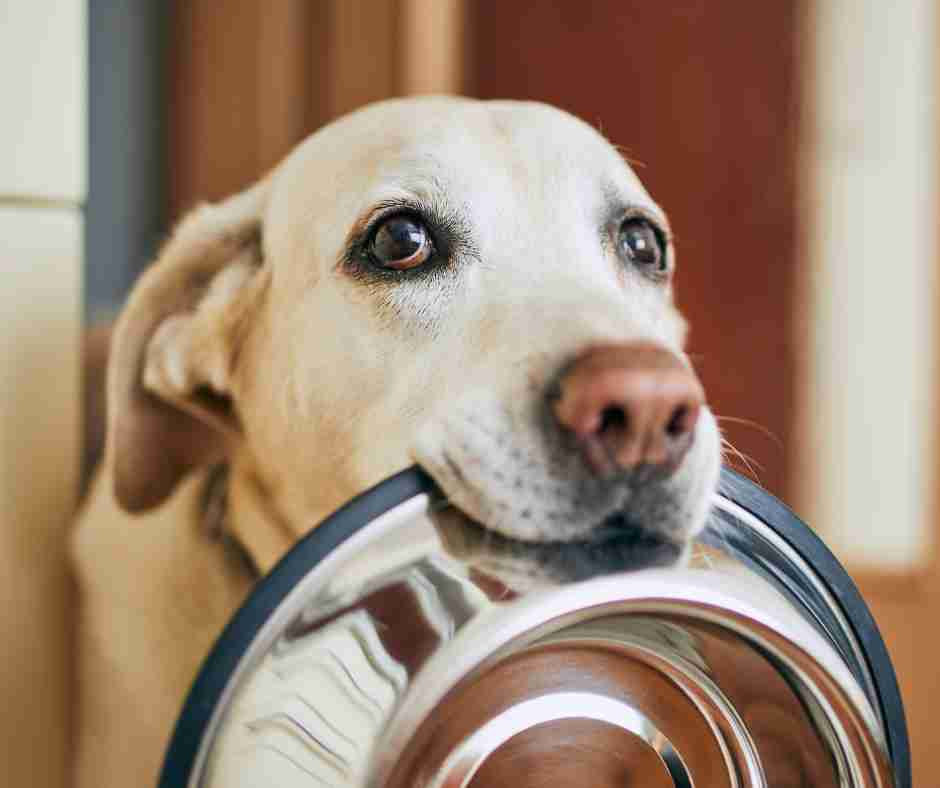Choosing the right food for your dog is one of the most important decisions you’ll make as a pet owner. A healthy diet can help your dog maintain a healthy weight, improve their coat and skin health, and support their overall well-being. With so many dog food options available, it can be overwhelming to decide what’s best for your pup. In this guide, we’ll explore the key factors to consider when choosing dog food and provide tips for making an informed decision.
Factors to Consider When Choosing Dog Food:
- Age: Puppies, adult dogs, and senior dogs have different nutritional needs. Choose a dog food that is formulated for your dog’s life stage to ensure they’re getting the right balance of nutrients.
- Breed: Different dog breeds have different dietary requirements. For example, large breed dogs require diets with a lower calorie density to support their growth and reduce their risk of obesity.
- Health concerns: If your dog has specific health concerns, such as allergies or digestive issues, choose a dog food that is designed to address those issues. Your veterinarian can provide guidance on which dog food is best for your dog’s specific needs.
- Ingredient quality: Look for dog food made with high-quality, whole-food ingredients. Avoid dog food with fillers, by-products, and artificial preservatives.
- Price: While price shouldn’t be the sole factor in choosing dog food, it’s important to consider your budget. Some high-quality dog foods can be more expensive, but it’s worth investing in your dog’s health.
Types of Dog Food:
Dry dog food: The most common type of dog food, dry dog food is convenient and easy to store. Look for high-quality dry dog food with whole-food ingredients and no fillers or artificial preservatives.
Wet dog food: Wet dog food can be a good choice for dogs who need more moisture in their diet, such as senior dogs or those with dental issues. Look for wet dog food with high-quality protein sources and no artificial preservatives.
Raw dog food: Raw dog food is made with raw meat, bones, and organs. While it can be a good choice for some dogs, it can also pose health risks to both dogs and humans. Consult with your veterinarian before feeding your dog a raw food diet.
Homemade dog food: Homemade dog food can be a good choice if you’re willing to put in the time and effort to ensure your dog is getting a balanced diet. Work with a veterinary nutritionist to create a homemade dog food recipe that meets your dog’s nutritional needs.
Tips for Choosing Dog Food:
- Read the label: Look for dog food with high-quality protein sources, whole-food ingredients, and no fillers or artificial preservatives.
- Consider your dog’s life stage and breed: Choose a dog food that is formulated for your dog’s specific needs.
- Consult with your veterinarian: Your veterinarian can provide guidance on which dog food is best for your dog’s specific health concerns.
- Do your research: Read reviews and consult with other dog owners to find a dog food that has a good reputation for quality and nutrition.
- Rotate your dog’s diet: Consider rotating your dog’s diet between different high-quality dog foods to provide a variety of nutrients.
Choosing the right food for your dog is a crucial decision that can have a significant impact on their health and well-being. By considering your dog’s life stage, breed, and health concerns, reading labels, and doing your research, you can make an informed decision about which dog food is best for your furry friend.
Consult with your veterinarian for guidance on which dog food is best for your dog’s specific health concerns, and consider rotating your dog’s diet to provide variety. By following these tips and taking a thoughtful approach to selecting your dog’s food, you can help ensure your furry friend stays healthy and happy for years to come. Remember, a healthy diet is just one part of keeping your dog in good health – regular exercise, veterinary check-ups, and plenty of love and attention are also essential for their overall well-being.

